If you’re managing commercial properties around Birmingham, lease agreements are your day-to-day blueprint—guiding how you handle tenant questions, owner expectations, and everything in between. At Red Rock Realty, we’ve seen firsthand how a solid lease can keep things running smoothly and how a vague one can create more confusion than clarity. It’s not just about legal language; it’s about protecting your time, your tenants, and your bottom line.
Across Birmingham’s growing commercial zones, from downtown corridors to redeveloped spaces near Lakeview, no two properties operate exactly the same. Your lease should reflect that. A retail spot off Highland Avenue comes with a completely different rhythm than a light industrial space in Oxmoor. That’s why understanding the details of each lease is one of the smartest things you can do as a property manager.
Understanding Lease Types Without the Legalese
If a tenant asks you what kind of lease they signed and your first instinct is to dig through your inbox, you’re not alone. Lease types shape everything about how the space functions. You’re managing more than rent collection. You’re responsible for clarifying who handles roof repairs, pest control, parking lot resurfacing, and holiday lighting. Some of these tasks belong to the owner, others to the tenant—and the lease decides which.
Around Birmingham, it’s common to encounter a mix of gross, modified gross, and triple net leases depending on the age and type of property. If you know the lease structure inside and out, it’s easier to answer questions quickly and keep communication clear on all sides.
Gross Lease
The landlord covers most expenses, such as taxes, insurance, and maintenance. The tenant simply pays a flat rent amount, which makes budgeting a bit easier for them. This lease type is most common in office spaces, especially in downtown areas.
Modified Gross Lease
A middle ground between a gross lease and a net lease. The tenant and landlord share responsibility for operating expenses. Typically, the tenant will pay a portion of the building’s operating expenses, like utilities or janitorial services, while the landlord covers the rest.
Triple Net Lease (NNN)
In this lease type, the tenant takes on a larger share of costs, paying for property taxes, insurance, and maintenance in addition to rent. This lease structure is often used for retail or standalone properties, especially in suburban Birmingham commercial areas like Hoover or Vestavia Hills.
Double Net Lease (NN)
This is similar to a triple-net lease but with slightly fewer tenant obligations. The tenant covers property taxes and insurance, but the landlord is responsible for maintenance costs.
Percentage Lease
This lease, common in retail spaces, ties the rent to a percentage of the tenant’s sales. If the tenant’s business is doing well, they pay a higher rent. This lease type works well for high-traffic areas like those around the Southside or Five Points South, where retail success can vary seasonally.
Maintenance Obligations: Clarity Keeps the Peace
There’s nothing fun about emergency maintenance calls, but they’re easier to handle when you already know who’s on the hook for what. Leases should clearly outline which party is responsible for which areas. The moment that language is vague, disputes follow.
Clarity is essential when it comes to HVAC service schedules, plumbing, electrical, common area upkeep, and anything that falls under “wear and tear.” Leases that were drafted years ago may not reflect how the property operates today. Make it a habit to review older documents and flag anything outdated or ambiguous before it causes a headache.
A smart move is to keep a one-page cheat sheet per property. Not only does it help you communicate more confidently with tenants, but it also serves as a handy tool for onboarding new staff or coordinating with vendors. Maintenance issues are going to happen; your goal is to prevent them from becoming arguments.
Rent Increases & Expense Sharing: Don’t Let Confusion Build
When tenants agree to a lease, they usually focus on the base rent—but that’s rarely the full story. Operating expenses like insurance, taxes, and utilities tend to shift over time, and if the lease doesn’t explain how those changes are handled, confusion is almost guaranteed. The key is helping tenants understand what’s coming and why.
Here are a few expense-related terms and adjustments that often catch people off guard:
- Annual Increase: A built-in bump in base rent that typically kicks in each year, often tied to inflation or a fixed percentage.
- Pass-Through Charges: Costs like property taxes, insurance premiums, or maintenance that are partially or fully passed on to the tenant.
- Expense Reconciliations: A year-end review comparing actual operating costs to estimated ones. If the tenant underpaid, they owe the difference.
- CAM (Common Area Maintenance) Fees: Charges for shared spaces like lobbies, landscaping, or parking lots, which are often split among tenants.
- Utility Allocations: When utilities aren’t separately metered, tenants may be billed based on square footage or another agreed-upon formula.
Giving commercial property tenants a clear picture up front and consistent reporting throughout the year can go a long way toward preventing friction.
Renewals & Exits: Read the Fine Print (Then Read it Again)
Too many property managers get caught off guard when a lease term quietly ends or auto-renews. By the time you realize it, your options are limited and sometimes expensive. Details like termination clauses, renewal windows, and rent escalations often live in the fine print, but they have big implications.
Some leases automatically renew unless written notice is given within a specific timeframe. Others include penalties for early termination or tenant improvement reimbursements tied to a renewal. If you’re managing several properties, a missed renewal date can mean lost revenue or a scramble to re-lease the space.
Keep an organized system for lease milestones. Calendar reminders and lease summary sheets are crucial. The earlier you can engage tenants about renewals, the more leverage you have for planning improvements, renegotiating terms, or marketing a vacancy.
Special Clauses That Can Catch You Off Guard
Every now and then, a lease has a hidden amendment that can affect your entire operation. These aren’t standard, but they show up more often than you’d think.
Examples include:
- Exclusive use clauses that restrict what nearby tenants can offer
- Co-tenancy requirements, where a tenant can break the lease if an anchor store closes
- Signage rights that limit how others can advertise
- Right of first refusal on adjacent spaces
If you’re managing a property with multiple tenants, these clauses should be reviewed as part of your onboarding process. Know who has special rights, what those rights mean, and how they could impact future decisions.
Your Lease is Your Roadmap & Red Rock Realty is Here to Help
Leases are instruction manuals. Every maintenance call, every rent question, and every improvement request ultimately comes back to what’s written on those pages. When you know the document inside and out, you’re leading proactively rather than reactively.
At Red Rock Realty Group, we understand that effective property management begins with clarity. With over 1,000,000 sq. ft. of commercial property and more than 1,600 apartment units under management in Central Alabama, our team delivers comprehensive property management services tailored to each location.
Our Full-Service Approach to Property Management
- Commercial Property Management: From office spaces to industrial facilities, we handle leasing, maintenance, and tenant relations to guarantee optimal property performance.
- Residential Management: We manage over 2,200 apartment units and single-family homes and provide services ranging from tenant screening to maintenance coordination.
- Investment & Development Services: We assist clients in identifying lucrative real estate investment opportunities and provide support throughout the development process.
Reach Out to Our Real Estate Company Today!
Red Rock Realty is a full-service real estate company in Birmingham, AL. We’ve been proudly serving the entire state of Alabama for decades and are here to help you navigate complex lease terms and streamline your property management processes.
Let’s eliminate the guesswork from your next commercial lease. With our expertise, you can focus on what matters most—growing your investment!
Contact us today to create a custom solution that works for you and your investments!


